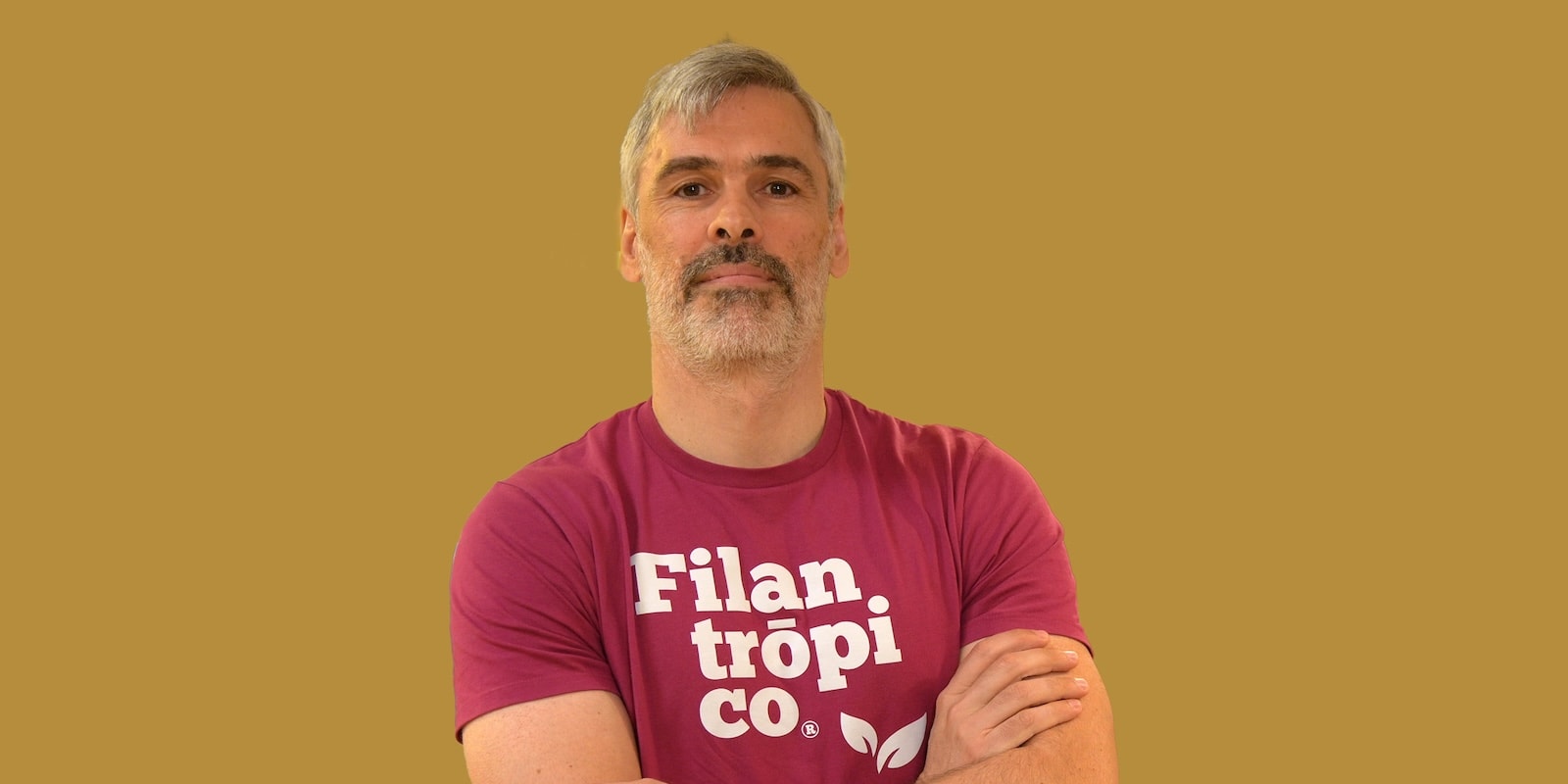Thursday, September 22, 2022
Given the urgency of tackling climate change and the consequences it has on human life, international institutions are urging companies, institutions, and citizens to take measures not only from an environmental point of view, but also from a humanitarian point of view.
By Pablo Suarez
Today is not World Environment Day, yet every day is as the planet faces an all-or-nothing situation. An effort that has been proposed for decades by both society itself and its institutions, but which has not been implemented efficiently until a few years ago; through tangible measures to reduce polluting emissions into the atmosphere, in order to curb global warming.
It is precisely this call to action -and its crystallization into real actions- that over the years has taken on different forms and motivations, all of them focused on highlighting the relevance of the problem. The last of these claims has a human face, that of the rights intrinsic to life, among which is, of course, a dignified existence. This is where the highest institutions have begun to urge governments to take action, not only from an environmental point of view: "The human implications of currently projected levels of global heating are catastrophic" said Michelle Bachelet, United Nations High Commissioner for Human Rights, three years ago in her opening statement at the 42nd session of the Human Rights Council. This statement, far from being exaggerated, is now more accurate than ever thanks to the reports of the Intergovernmental Panel on Climate Change (IPCC).
The collective effort
Is it only governments that are responsible for tackling this situation and protecting society as a whole? The answer is simple: no. States have the obligation to mitigate the harmful effects of climate change by proposing and approving the most ambitious measures possible to reduce greenhouse gas emissions in the shortest possible time. In this sense, it is the countries with the most capital that have the most facilities to set the global route both within their own borders and abroad, especially through their influence on other, more disadvantaged territories. Pollution reduction measures must also be accompanied by legislative systems to protect those people most affected by climate change, thus preventing human rights from being undermined. This is the case of what has recently occurred with the recovery funds set up by the European Union, of which up to 30% must be earmarked for the fight against climate change. A struggle that, in Europe, despite the current unstable context, seems to have crystallized and settled through the 2030 Agenda.
However, it is also the job of companies and citizens themselves to combat the situation from their own responsibilities. In the case of private companies, in recent years many have begun to assess the potential effects of their activities and have started to take measures to avoid negative impacts. In this regard, the business community, especially in the fossil fuel sector, has been adopting measures to minimize greenhouse gas emissions immediately. Proof of this is that, according to data from the Ministry for Ecological Transition and the Demographic Challenge, in 2020, CO2 emissions fell below the 1990 level for the first time.
If we look at more specific causes, in the business field, we can find The Climate Pledge initiative, promoted by Amazon and the NGO Global Optimism, in which participating companies pledge to achieve carbon neutrality ten years before the Paris Agreement, which set the deadline for 2050. Among the 376 signatory companies, from 54 sectors and 34 countries, include giants such as Microsoft, Acciona, Telefónica, Virgin-O2, Salesforce, HP, Coca-Cola, Accenture, and Mahou San Miguel.
Within the energy sector, one example is Cepsa, which is investing heavily in the promotion and development of sustainable energy solutions, such as green hydrogen or biofuels, among others, to ensure climate 'positivity' (favorable contributions to the environment) by 2050. Thus, by 2030, the company aims to reduce its CO2 emissions by 55% compared to 2019, and the carbon intensity of its products by 15-20%. All of this is done with the objective "of reaching zero net emissions by 2050 and going beyond to make a positive contribution (Net Positive),” they point out.
They are not the only actors: each and every citizen is also, to a certain extent, responsible for ensuring that their rights are respected and for advocating a line of action that will tackle the consequences of a process that must be stopped as a matter of urgency.
¿Te ha parecido interesante?





